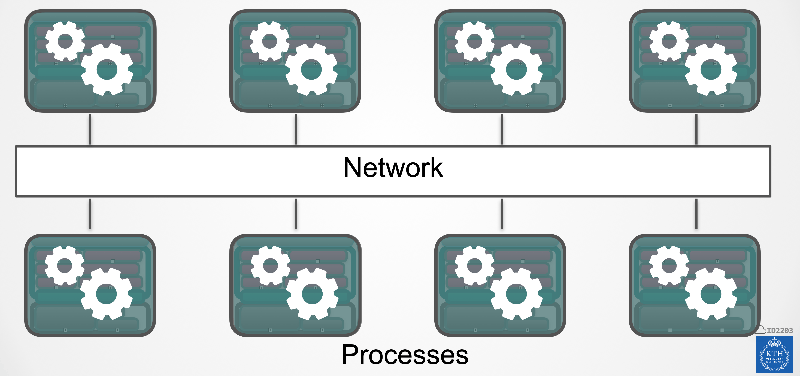Based on recommendation from KTH’s coordinator for disabilities, the examiner will decide how to adapt an examination for students with documented disability.
The examiner may apply another examination format when re-examining individual students.
If the course is discontinued, students may request to be examined during the following two academic years.
Lab. assignement (LAB1; 3 hp)
Exam (TEN1; 4,5 hp)
Midterm exam (10 point) has a weight of 10% given as bonus point.Final exam (TEN1; 4.5 hp) (70 points) has a weight of 70% of the final result. The practical part of the course (LAB1; 3 hp) consists of 4 parts, three parts are compulsory and gives 30 points (of weight 30%), and the fourth gives 10 extra bonus points.
For the final grade the following is valid:
A: 90 points or higher
B: 75-89 points
C: 65-74 points
D: 55- 64 pointsE: 45-54 points
Fx: 40-44 points
F: less than 40 points
For approved grade (E or higher) the following should be satisfied:
- The student has completed the compulsory part of LAB1.
- The student should be able to explain the different models of distributed system.
- The student should be able to specify the properties of distributed algorithms.
For higher grade the student should be able to master the basic algorithm tested according to the exam.
